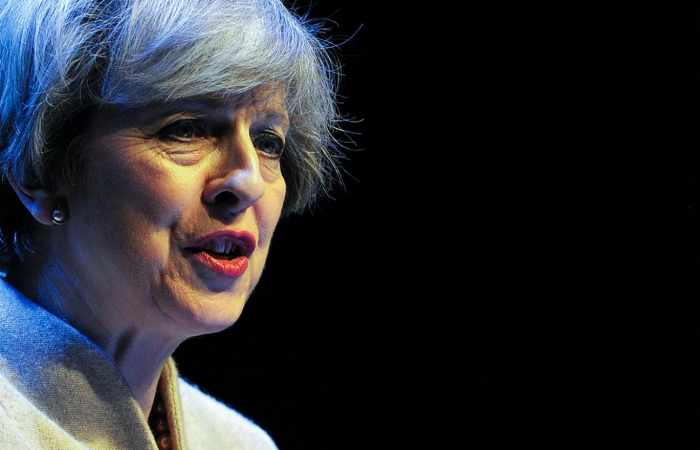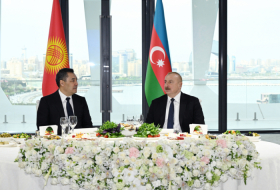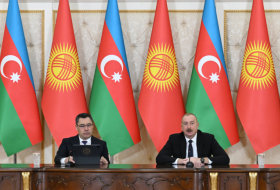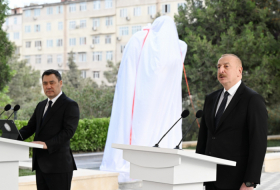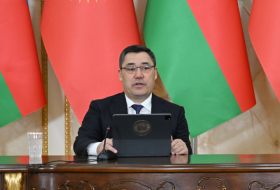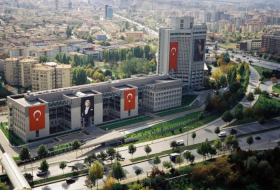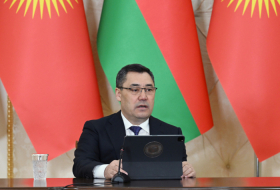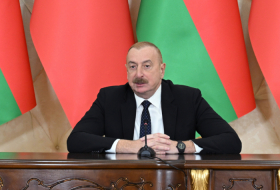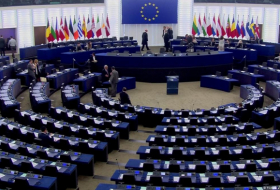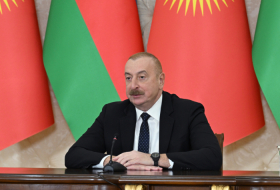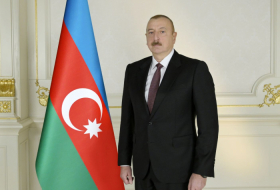A letter invoking Article 50 of the Lisbon Treaty and officially notifying the EU of Britain's decision to withdraw from the bloc was hand-delivered to European Council President Donald Tusk in Brussels by British Ambassador to the EU Tim Barrow on Wednesday. Copies are to be sent to the other 27 EU member states.
In a speech to parliament designed to coincide with the letter's delivery, May will urge the country to come together as it embarks on a "momentous journey."
"We are one great union of people and nations with a proud history and a bright future. And, now that the decision has been made to leave the EU, it is time to come together," she is to say.
May will tell MPs that she wants to represent "every person in the UK," including EU nationals, in negotiations.
Britain voted to leave the EU last June, after a campaign that divided the country. In a close result, 52 percent voted for Brexit, while 48 percent wanted to stay in the EU.
Scotland and Northern Ireland voted overwhelmingly to remain in the EU, while England and Wales, with a much larger combined population, voted to leave.
May spoke to key EU figures late on Tuesday including Tusk, German Chancellor Angela Merkel and European Commission President Jean-Claude Juncker.
Juncker said his conversation had been "good and instructive" and that Britain would remain a "close and committed ally."
May has promised to take Britain out of the EU single market but negotiate a deal that keeps close trade relations with Europe, as she builds "a strong, self-governing global Britain" with control over its own borders and laws.
Brexit Secretary David Davis said Britain was "on the threshold of the most important negotiation" for Britain "for a generation."

Challenges ahead
The British parliament backed May's Article 50 plan earlier this month, after six weeks of debate.
The EU is expected to issue a first response to Britain on Friday, followed by a summit of EU leaders on April 29 to adopt their own guidelines - meaning it could be weeks before formal talks start.
Their priority is settling Britain's outstanding obligations, estimated between 55 and 60 billion euros [$59bn and $65bn] - an early battle that could set the tone for the rest of the negotiations.
Both sides have also said they are keen to resolve the status of more than three million European nationals living in Britain after Brexit, and one million British expats living in the EU.
The two sides also want to ensure Brexit does not exacerbate tensions in Northern Ireland , the once troubled province which will become Britain's only hard border with the rest of the EU.
Britain also wants to reach a new free trade agreement within the two-year timeframe, although it has conceded that a transitional deal might be necessary to allow Britain to adapt to its new reality.
Many business leaders are deeply uneasy about May's decision to leave Europe's single market, a free trade area of 500 million people, fearing its impact on jobs and economic growth.
The Brexit vote sent the pound plunging, although economic growth has been largely stable since then.
On Tuesday, Scotland's semi-autonomous parliament backed a call by its nationalist government for a new referendum on independence before Brexit.
Scotland's devolved administration is particularly concerned about leaving Europe's single market - the price May says must be paid to end mass immigration, a key voter concern.
The prime minister rebuffed the referendum request and has vowed to fight for a new relationship with Brussels that will leave Britain stronger and more united than before.
The EU, too, is determined to preserve its own unity and has said that any Brexit deal must not encourage other countries to follow Britain out the door.
With the challenges ahead, there is a chance that negotiations will break down and Britain will be forced out of the EU without any deal in place.
This could be damaging for both sides, by erecting trade barriers where none now exist as well as creating huge legal uncertainty.
May has said that "no deal is better than a bad deal", and she has the support of pro-Brexit hardliners in her Conservative party, who have been campaigning for decades to leave the EU.
/Al Jazeera/
More about: #Brexit #Article50








